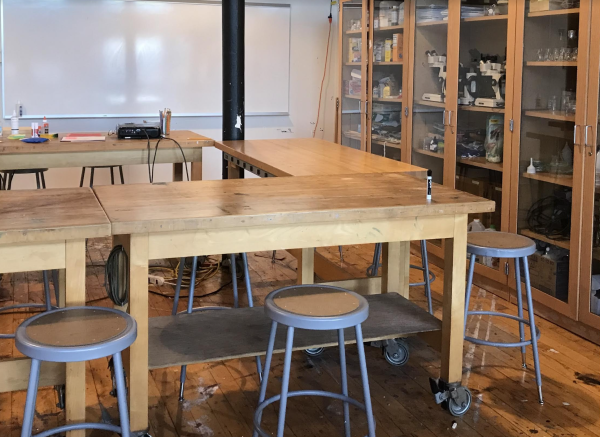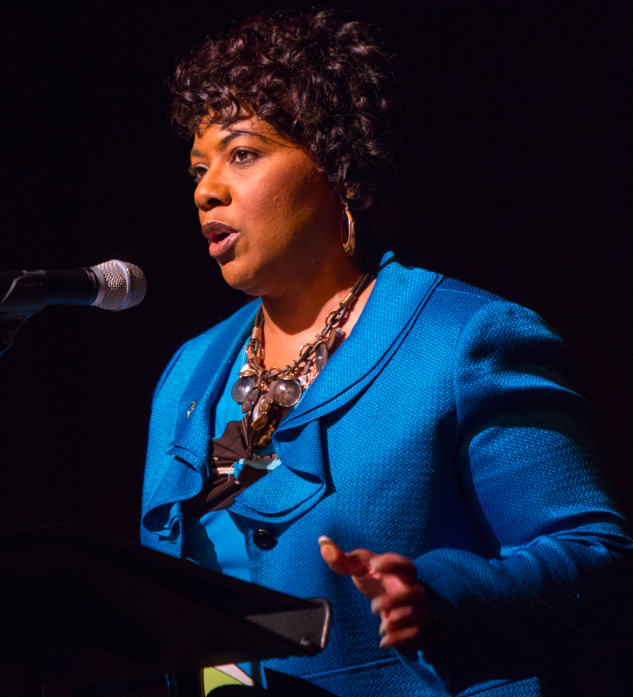A biweekly column addressing students’ health questions from office of Health, Wellness, and Recreation.
Dear Wellness Ambassadors,
I’m a first-year, and ever since coming to campus, I’ve had a really hard time falling asleep at night. I find myself tossing and turning for hours and because of this I’m so tired in the morning. I’ve already missed my 8 a.m. class a few times because I sleep through my alarm and I’m worried my grades will suffer. Any suggestions?
One of the best things to do in order to get more sleep is to cut down on the technology you use before bed, because technology actually stimulates your brain to stay awake. Doctors recommend turning off all electronics 30 minutes before you go to bed – hard, we know – but this is one of the most effective ways to make falling asleep much easier.
Trying not to study or do homework in bed may also help, since you will no longer associate your bed with wakefulness and work.
For optimal sleep, it’s important for your body to get into a rhythm, so try to wake up and fall asleep at around the same time every day. And yes, this means even on weekends!
You can discuss having a “lights out” time with your roommate at around 11 p.m., so you both can get enough sleep. If either of you needs to have a late-night study session, suggest heading to a study lounge so you or your roomie can sleep peacefully. Adults aged 19-25 years need an average of seven to nine hours of sleep per night. Respecting this will help you stay focused in class and remember material for your exams, and help you feel more awake.
Dear Wellness Ambassadors,
I’m really freaked out because my boyfriend and I had sex yesterday, and the condom we were using broke and I’m afraid I’m going to get pregnant. What should I do now?
First off, congratulations on your use of contraception, even though it didn’t go as planned. It is scary having a condom break, but accidents happen.
Emergency contraception is used to prevent pregnancy up to five days after unprotected sex. There are two kinds of emergency contraception, the more commonly known “morning after pill” and the IUD. Plan B One Step is a morning-after pill you can get over the counter at most drug stores without a prescription, or even right here are the Simmons College Health Center. It is most effective if used up to three days after unprotected sex.
Ella is prescription morning-after pill option that is effective up to five days after unprotected sex. An IUD is a longer-lasting form of birth control, and is also one of the best-kept secrets of emergency birth control. It is a small, T-shaped object that is inserted into your uterus by a doctor and can be used up to 5 days after unprotected sex to prevent pregnancy. The IUD will then prevent pregnancy for anywhere from 3-12 years, depending on the kind. Generally speaking, the morning-after pill is more cost effective and more easily accessible. If you still have questions, we recommend visiting the Planned Parenthood website, which lists the pros and cons of each form of emergency contraception.
























